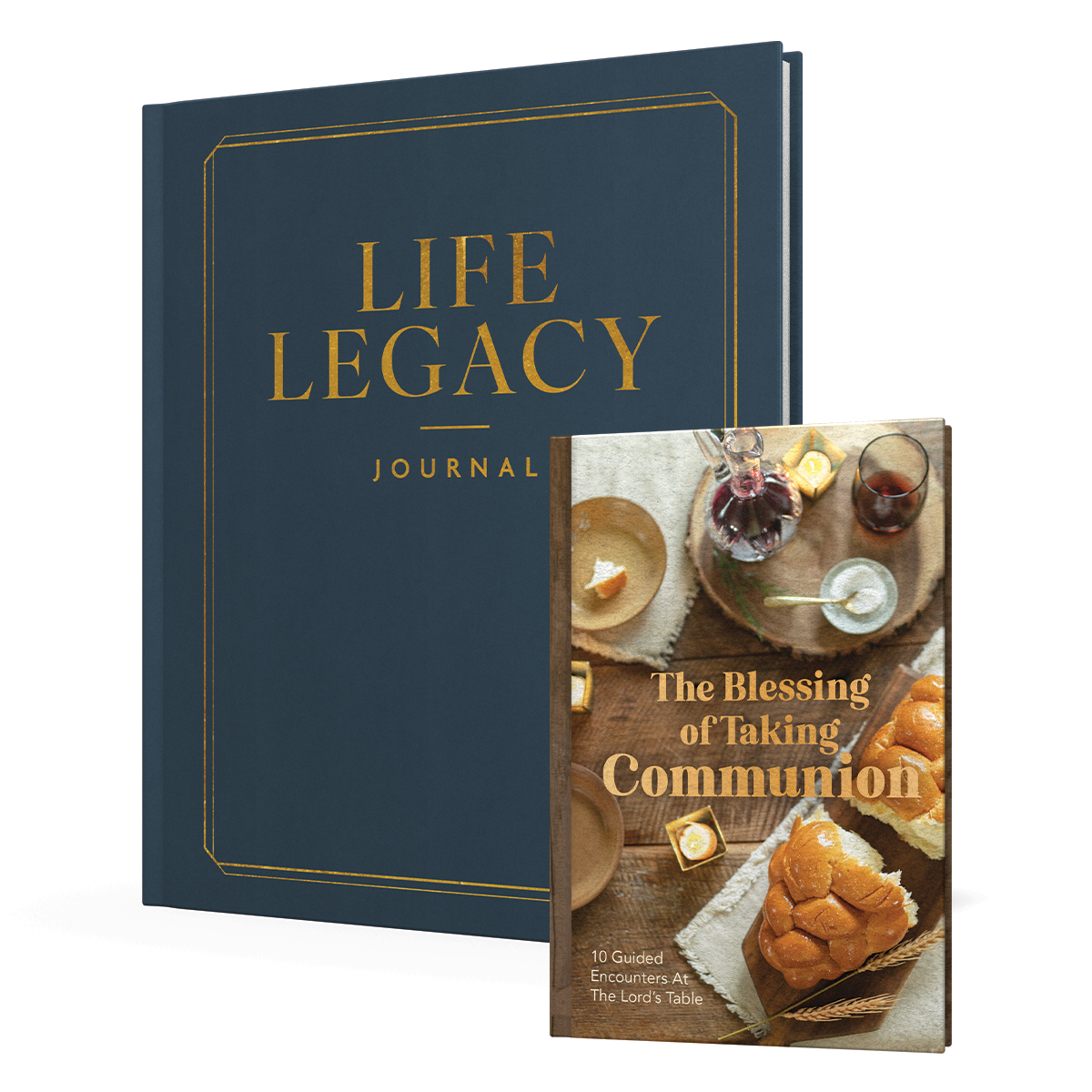At last! I finally accomplished one of my life’s goals last weekend. It was so thrilling, I emailed my fellow Stream editors so they could enjoy the moment with me. One of my articles got mentioned at Right Wing Watch, a project run by the stridently activist left-wing group People for the <cough> American Way. I’d made their list at last.
“Ahh, to have arrived!” I closed my email. A couple of colleagues wrote back to “welcome” me to the club.
It was all very tongue-in-cheek, of course. That doesn’t change the fact, though, that Christians and other conservatives have real enemies. Up until a few weeks ago I’d have said it was all very social, rhetorical, and political. “They’re not shooting yet,” I’d have said. Now the best I can say is they’re not shooting at very many of us. So it seemed more than providential that my daily reading in the Psalms that day put me in Psalm 59.
We’ve got enemies; David had them a whole lot worse. The superscript on that psalm says he wrote it “when Saul sent men to watch his house in order to kill him.” David was in a whole lot more danger than I am.
If you know how the story comes out, try to forget it for a moment. When David prayed this prayer, he had no idea how it would end. Read it that way, and maybe you’ll be struck, as I was, by what a model prayer it is for us to pray for our enemies today.
It’s an honest prayer, first of all; nothing “spiritualized” about it, nothing brushed under the rug. David acknowledges he has enemies. They want to kill him. It’s not his fault, either. He doesn’t claim to be faultless, but he sure hasn’t done anything deserving the kind of threat he’s under. These enemies are godless, and they’re evil.
Verses 6 and 7 sound all too familiar:
“Each evening they come back, howling like dogs and prowling about the city. There they are, bellowing with their mouths with swords in their lips — for ‘Who,’ they think, ‘will hear us?’”
They sure don’t think there’s any God paying attention to what they do. But David knows. And in faith (verses 8-10) he calls on God for victory. He even expects to win, as God protects and fights for him. But what does this victory look like? What did he pray for his enemies?
Here’s what I see in it: He prayed that they would lose so they might win.
Win? How? What could that even mean? I’ll have to jump ahead in order to answer that, starting with two leaps all the way into the New Testament.
Jesus famously taught us (Matt. 5:44) to love our enemies, and pray for those who persecute us. That instruction would be horribly confusing if we thought it meant we should pray for their success, or even their wellbeing; not while they’re dead set against God and His ways.
There’s just one ultimate blessing we can be absolutely sure God would want for them: that they would “know … the only true God, and Jesus Christ whom [He has] sent” (John 17:3).
David lived centuries before Christ, yet amazingly, that’s exactly what he prayed for his own enemies. We have to jump just a little forward in the psalm to see that. In verse 13b he prays that “that they may know that God rules over Jacob to the ends of the earth” (verse 13b). It sounds a lot like John 17:3 to me!
He’s praying a blessing on them: That they might know the truth of the God who created and loves them. That would be true victory for them. That’s the ultimate destination he prays they’d reach.
The path getting there isn’t so pretty, but it’s instructive, too. Let’s run it backwards from there. “Consume them in wrath,” he says in 13a; “consume them till they are no more.” Ouch! Sounds like he’s calling for fire to fall on them and leave them a pile of ashes.
He’s not, though. He’d just finished asking God, “Kill them not, lest my people forget; make them totter by your power and bring them down, O Lord our shield.”
He wanted them to live, yet he also prayed God would “consume them.” Is that a contradiction? No, no one would write such an obvious mistake. What he certainly must have meant was to call on God to consume their strength, their power, their advantage, until it was no more.
Then possibly, suffering that setback they might recognize how “the sin of their mouths, the words of their lips, [had caused them to] be trapped in their pride.” Then they, too, might “know that God rules over Jacob.” David’s own people would remember, too (see verse 11 again).
This is a blessing we can pray for our enemies. Boldly, because insofar as they are fighting against God, they need to lose. They need to lose the public battles, and they need to be chastened in their pride. If they’re fighting us because we legitimately represent God and His ways, they need to lose there, too.
We should pray for them to experience all those losses. We may have to suffer necessary losses of our own along the way, too, as none of us is perfect in following our Lord.
Along with that boldness, though, we can pray compassionately that they would learn to know the Lord. This is what David prayed. It’s the best blessing we could ask for them. Those who fight against the Lord need to lose, but by God’s grace, in losing they may humble themselves before the Lord. And then they can still win the real victory: life eternal in Christ.
Tom Gilson (@TomGilsonAuthor) is a senior editor with The Stream and the author or editor of six books, including the recently released Too Good To Be False: How Jesus’ Incomparable Character Reveals His Reality.










